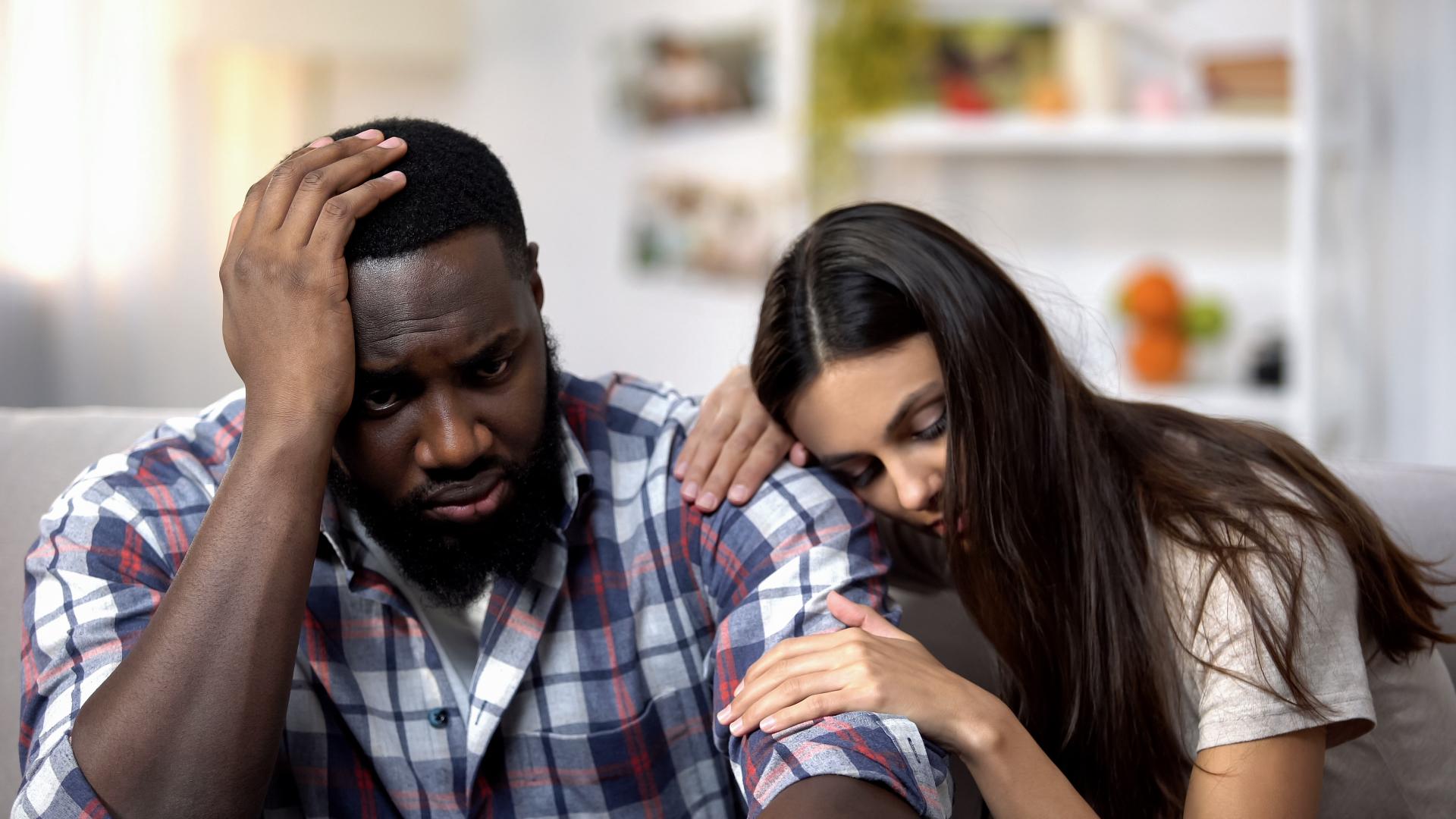Surviving a Breakup in the Lifestyle


The passage acknowledges that breakups can be a difficult and unavoidable aspect of dating, even in alternative lifestyle relationships. It emphasizes that the pain and emotions associated with heartbreak are real, and people should have the space and support to grieve the loss of a relationship. The passage also notes that many people are not equipped with healthy coping mechanisms to manage the distress caused by breakups.
Breakups SUCK! But they are, unfortunately, an inevitable part of dating, especially when you are in the lifestyle. AND just because you are in the lifestyle or an alternative style relationship doesn't mean that you aren't going to feel the pain and distress as if you were a lovesick teenager. These feelings are real, the pain and disappointment are real, and you deserve the space, support, and time to grieve the relationship you recently lost. People are not automatically equipped to deal with heartbreak, and most of us have never been taught healthy coping skills to help heal from heartbreak.
The Science Behind Heartbreak
Dr. Mike Dow, Psy.D., Ph.D., provided that when we experience romantic love, our brain releases a surge of feel-good chemicals, including a boost in oxytocin, dopamine, and serotonin. Oxytocin is the neurotransmitter responsible for helping individuals bond with others, dopamine is associated with pleasure and reward, and serotonin helps us feel happy. When you experience a breakup, your brain goes through withdrawal from these chemicals, and this is when people tend to increase their drinking or participate in risky sexual behavior as a means of releasing a heavy dose of happy, pleasure feelings; however, this does not help in the long run. The pain is still there once you sober up or go home alone after a hookup.
When we lose a bond with a special someone, quickly and/or unexpectedly, our brains need time to undo the bond that had been created, nurtured, and appreciated for the duration of the relationship. We do this by avoiding contact with our ex, don't stalk their social media, and don't have "one last hookup." By doing these things, you are prolonging the hurt you are experiencing and not allowing your brain to properly break the neurological bond that was formed between you and the other person. Every person is different, and each individual will have to take their own time to heal the bond your brain is craving. That is why it is so important that you fully heal before moving on to the next relationship.
Supporting Your Partner Through Heartbreak
If you are supporting your partner through a breakup, remember your partner's pain is your pain as well. Regardless of why the breakup occurred, your heartbroken partner needs to know that you still love and appreciate them. Ask them what they need, give them extra snuggles, let them cry on your shoulder, buy ice cream, and sit in the closet with them to eat it; the list of possibilities is endless, and each person is different. COMMUNICATION is vital when supporting your partner through a breakup. Never assume or judge; allow them to feel their feelings and love them through it.
I am not too naïve to believe that the breakup could have been caused by one of the parties, either your partner or their partner, crossing a boundary that you were not comfortable with, ultimately leading to the demise of the relationship, leaving you resentful or hurt as well. This unfortunate situation leaves three broken hearts, but you knew the risks and rewards when you opened the relationship. Having said that, it doesn't make it hurt any less, and I absolutely get that.
If you have decided to stay with your partner and work through this pain you both are experiencing, I encourage you to take the space you need to heal while supporting your partner as much as you can. Again, communication is key when these types of things occur. Talk to your partner, tell them your needs, ask what they need, support each other, and take time to reconnect on a deep level before moving on to other play partners. If done correctly, your relationship will recover, and you will be stronger than ever.
Healing From Heartbreak
After a breakup, we often go through a range of emotions, from anger and sadness to guilt and rejection. These feelings are normal and part of the process of healing. You have to allow yourself the ability to feel these feelings. Overall, feeling the uncomfortable emotions and feelings now can facilitate healing quicker and prevent you from dwelling on what you could have done or should have done differently.
Don't be afraid to talk to your partner and tell them what you need during your grief, and stay away from alcohol! Alcohol is a depressant; you are already depressed, so this won't bode well for your healing.
Grieve the Loss
Grief is tricky, and you can experience the stages of grief all at once or at varying times. And when you think you have reached the acceptance stage, you are slapped in the face by depression. Grieving is very personal, and there is not ONE specific way to grieve the loss of the relationship.
Sheer frustration leads to anger, causing you to lash out towards others, placing unwarranted blame for the relationship's demise, quickly giving way to bargaining. We find ourselves trying to turn the situation around by bargaining to save the relationship if possible and quickly becoming angry when we don't get our way. This vicious cycle will pass; however, there could be damaging consequences after the grief process, such as emotionally damaging your primary relationship.
Dramatically yours,
Dr. Stephanie
Reference:
1. Lachmann, Suzanne. "The 7 Stages of Grieving a Breakup." Psychology Today, 10 June 2014, www.psychologytoday.com/us/blog/me-we/201406/the-7-stages-grieving-breakup.








